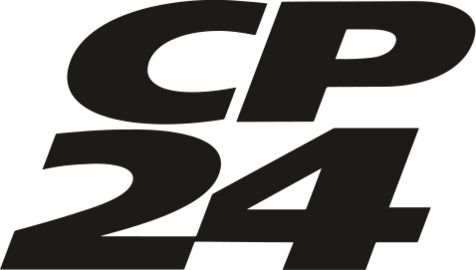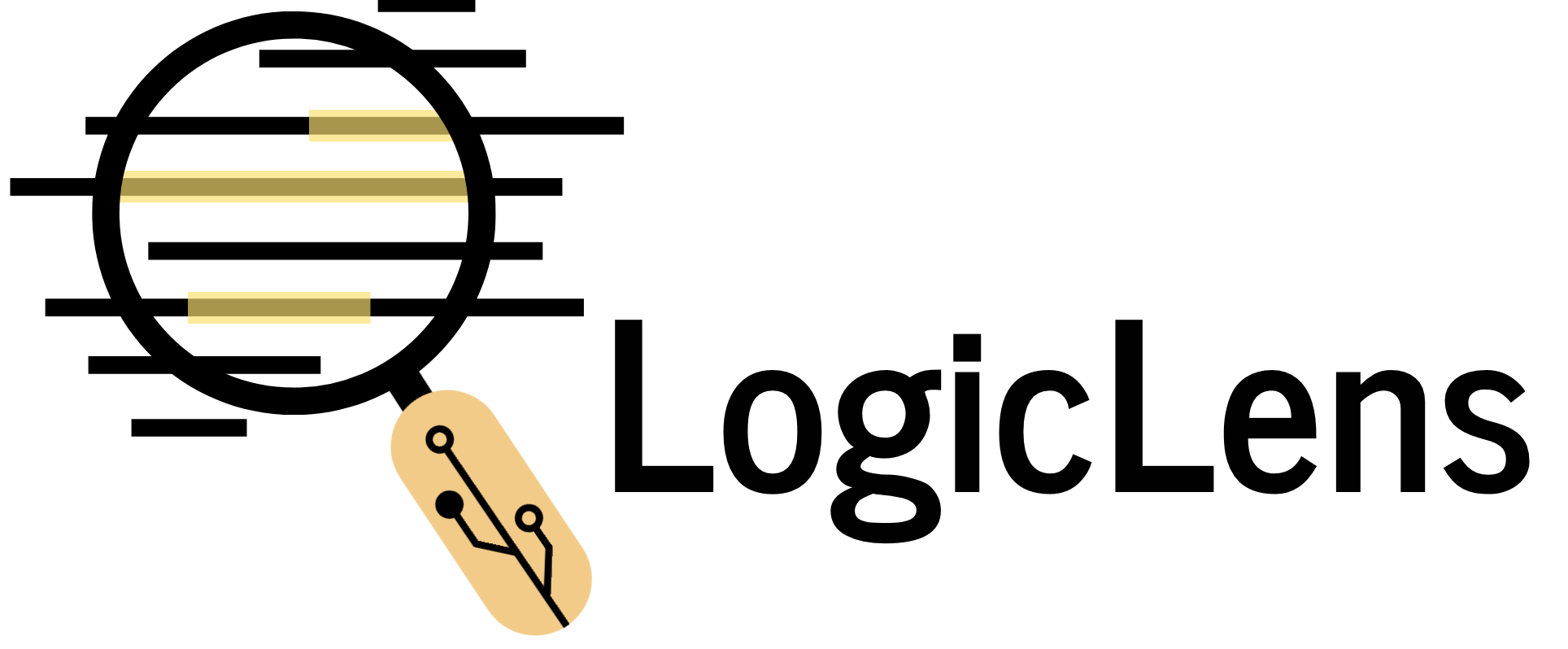What Does LogicLens Do?
LogicLens is a critical-thinking aid; a reasoning-checker, not a fact-checker. By leveraging purpose-built state-of-the-art AI models & datasets, LogicLens outperforms all existing tech in detecting:
Information Gaps
Such as missing context or oversimplification that can mislead you.
Rhetoric
Persuasive techniques that effectively convince people by framing an issue in a biased way.
Fallacies
Common and sneaky errors in reasoning that weaken an argument.
Claim
Assertions you should note, whether factual, opinion, or ambiguous.
Sourcing
Does the source actually say exactly that? “Experts and studies say...”; who are these experts & studies?
Positive
Positive traits, such as using more neutral wording or providing different perspectives.
& Much More
80+ distinct categories, all which provide critical & valuable insights to users, no fluff.
For every instance, LogicLens provides concise, easy-to-understand explanations and more neutral alternative wording where appropriate. Users can customize which categories to detect, or filter based on fault severity.
“Bob put Mary in charge of a commission that would identify supposedly wasteful programs that should be eliminated.”
“Supposedly” is often used to indicate that the speaker doubts the truth of the statement.[1] More neutral wording without endorsement or doubt would be “Bob put Mary in charge of a new commission with the stated aim of eliminating wasteful programs.”
Category: Rhetorical Device
Supported Sites
Works across major news and social media platforms






